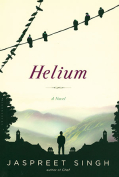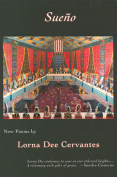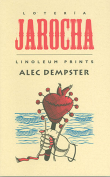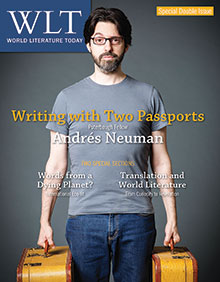Hot Sur by Laura Restrepo
Barcelona. Planeta. 2013. ISBN 9788408019619
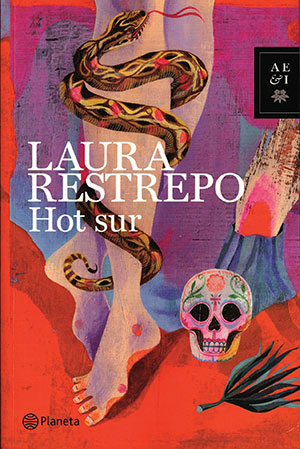 Hot Sur, the latest book by Colombian novelist Laura Restrepo, contains all the ingredients of what could be considered a successful novel: a serial killer whose conduct is determined by mystic rituals, the difficult life of a Latin American woman who has migrated to the United States, a convicted fugitive, the typical problems of a dysfunctional family, a trial, and a charismatic lawyer. Through these features, the underlying meaning of the judicial system in the United States is revealed. The novel also criticizes American society, adds humor in the most dramatic moments, and, of course, includes a well-told love story that includes a little bit of sex.
Hot Sur, the latest book by Colombian novelist Laura Restrepo, contains all the ingredients of what could be considered a successful novel: a serial killer whose conduct is determined by mystic rituals, the difficult life of a Latin American woman who has migrated to the United States, a convicted fugitive, the typical problems of a dysfunctional family, a trial, and a charismatic lawyer. Through these features, the underlying meaning of the judicial system in the United States is revealed. The novel also criticizes American society, adds humor in the most dramatic moments, and, of course, includes a well-told love story that includes a little bit of sex.
Is it a thriller with political implications? Maybe. The novel, at 535 pages, is convincing: it is well structured, and it transmits a sense of humanity and tenderness. I would say that to read it is even a hypnotic experience; the novel is certainly difficult to set aside. Furthermore, Restrepo likes her characters, believes in them, and supports them. Nevertheless, Hot Sur is not a detective novel—as most critics have argued—neither is it a thriller nor the classic novel about Latin American immigration into the United States.
Hot Sur tells the story of María Paz, a young Colombian immigrant who marries a white police officer, also the son of immigrants. The officer ends up murdered as a result of his involvement with an illegal weapons traffic deal. María is unjustly charged with the murder and locked in the very sinister Manninpox prison. She survives incarceration and—with the help of an important lawyer from New York—is finally released. However, she is declared a fugitive from justice after her failure to appear at the trial. But she doesn’t only flee from justice but from Sleepy Joe, her husband’s brother, who is also her lover and who ends up being the sinister serial killer.
The novel is told through different voices. María Paz’s story is laid out as a mixture of reportage and fiction. It develops in the first person as each character, with his or her testimony, contributes to the assembling of what will become the final story. Although this method is not new, in Restrepo’s novel it becomes fundamental in order to understand that Hot Sur, in reality, is the story of a woman who belongs to a marginal group within American society who experiences a terrible set of circumstances, not so much because of her race and origin but because of her economic and social situation in the United States. In this sense, María is one of those individuals kept at the margins of society, a victimized subject who will only be defended by people who understand the misfortune of others. If Hot Sur is an immigration novel, it is so in a strange, new, and paradoxical way: a novel in which an immigrant woman is capable of bending the hand of the American judicial system. There is no happy ending because happiness doesn’t seem to be part of María’s life equation. However, the novel is not a disenchanted epic, either, since through the protagonist it is possible to see traits of the Spanish picaresque—pranks, naughtiness, transgression, the story of a survivor whose triumph is simply survival, or at least not sinking.
What is most interesting about Hot Sur is its unclassifiable, slippery nature. Restrepo is capable of fully seizing our attention as we identify with María Paz and suffer along with her, as we try to understand her fear and anxiety, her decisions, and, most of all, her dreams. More than anything, there is a sense of humanity and redemption in the novel. The rest is politics.
Marcelo Rioseco
University of Oklahoma


